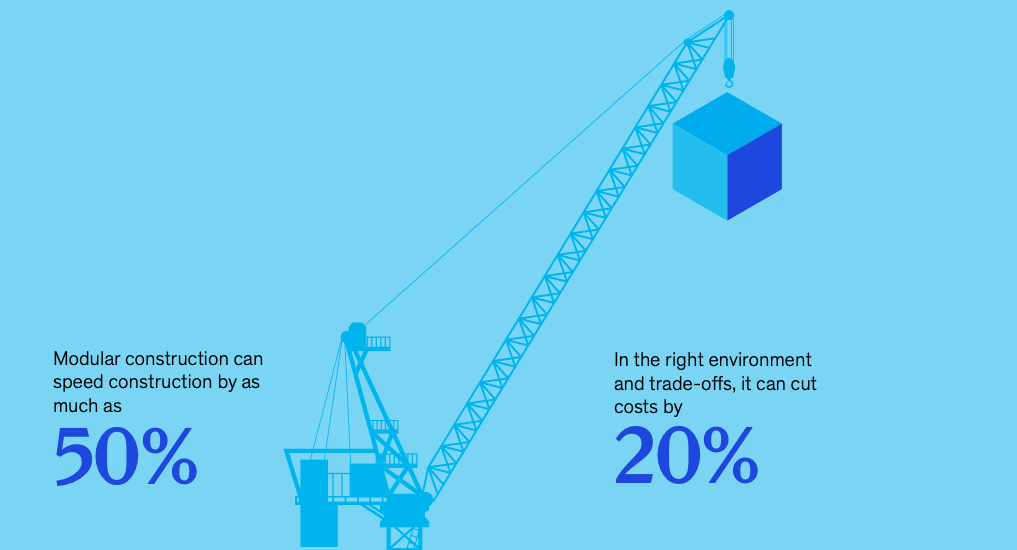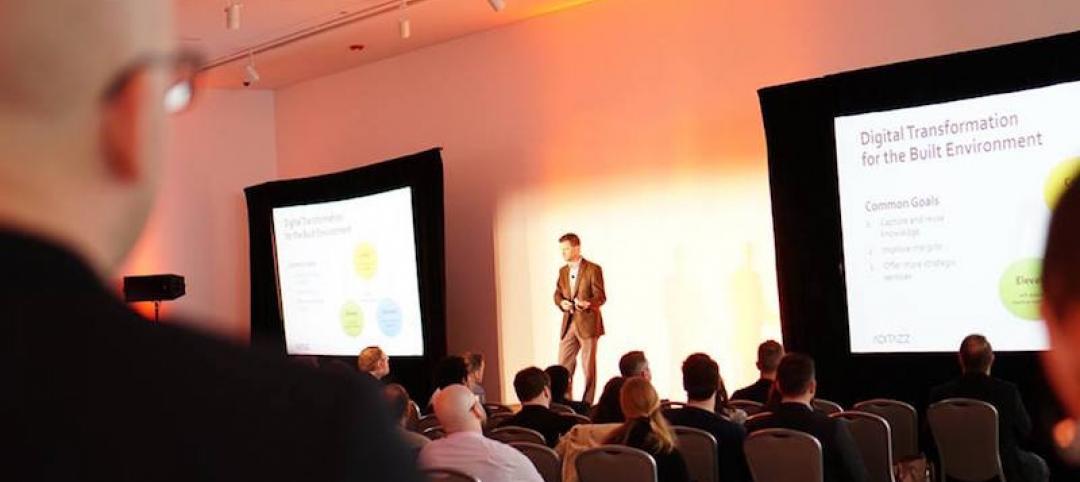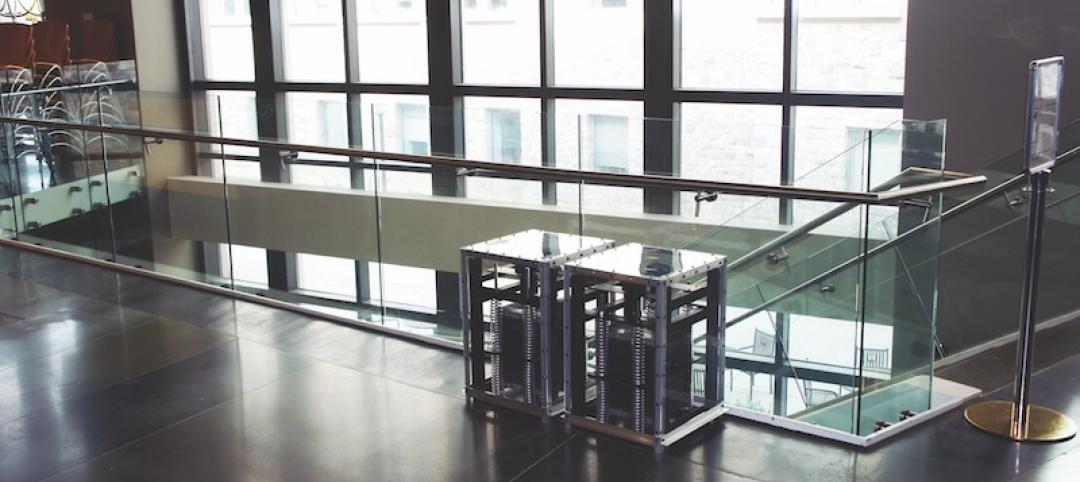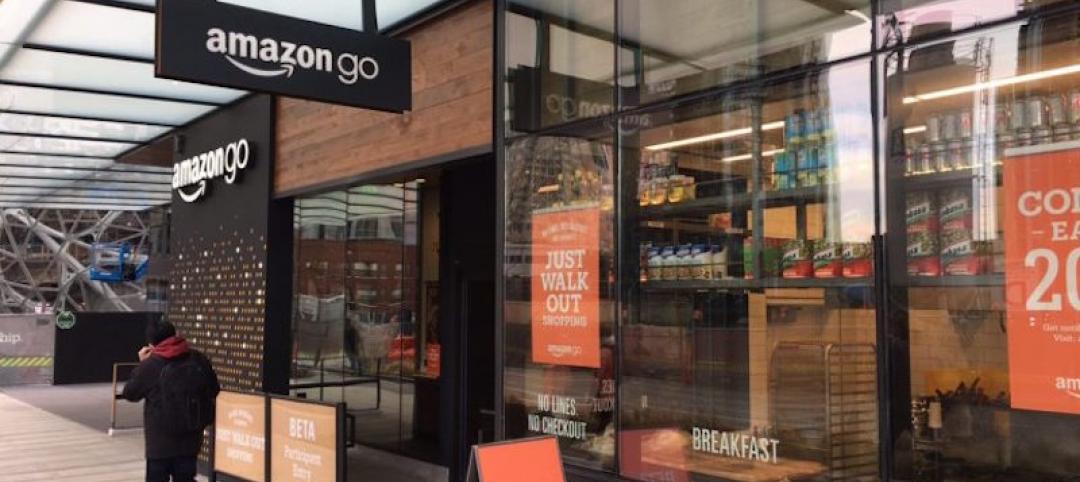Modular construction can deliver projects 20% to 50% faster than traditional methods and drastically reshape how buildings are delivered, according to a new report from McKinsey & Co.
Modular carries a potential cost savings of up to 20%, but there is a risk of up to a 10% loss if delivery or material costs spike, the report says. The global market is primed for the sweeping change that factory-built construction offers.
To realize all of modular’s benefits, the building team must choose the right design and right materials as well as overcome challenges in design, manufacturing, technology, logistics and assembly; and take advantage of locations where they can achieve scale and repetition. Public sector owners and regulatory agencies are well positioned to drive the industry toward modular.
Up to now, prefab home building has achieved a sustainable foothold in only a few places, including Japan and Scandinavia, the report adds. That may change as labor shortages become more acute and the industry adopts new, lighter-weight materials and digital technologies that enhance design capabilities and variability, improve precision and productivity in manufacturing, and facilitate logistics for the construction of prefab homes.
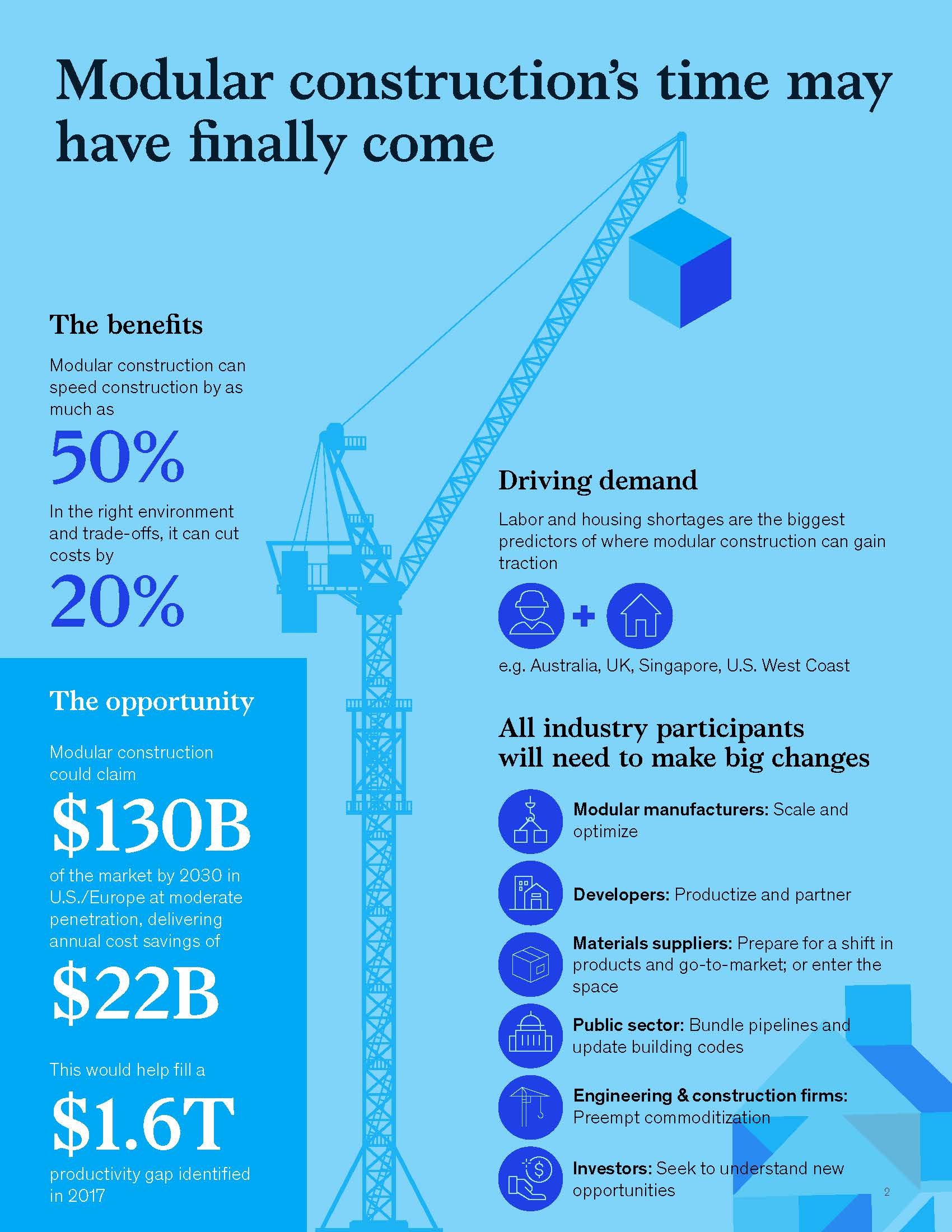
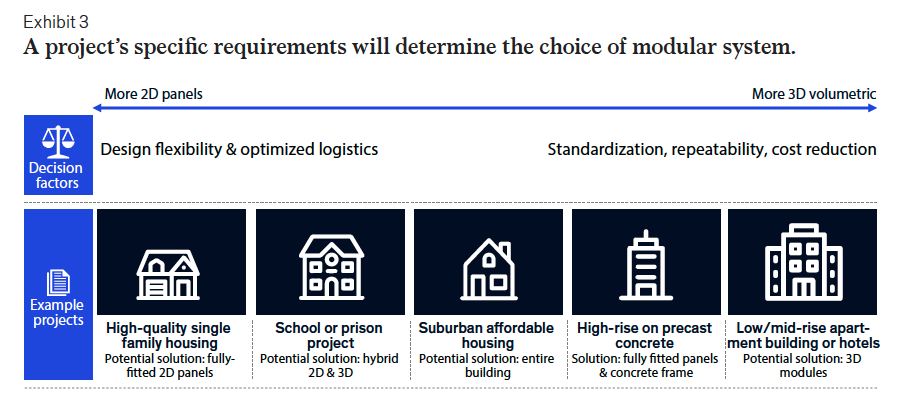
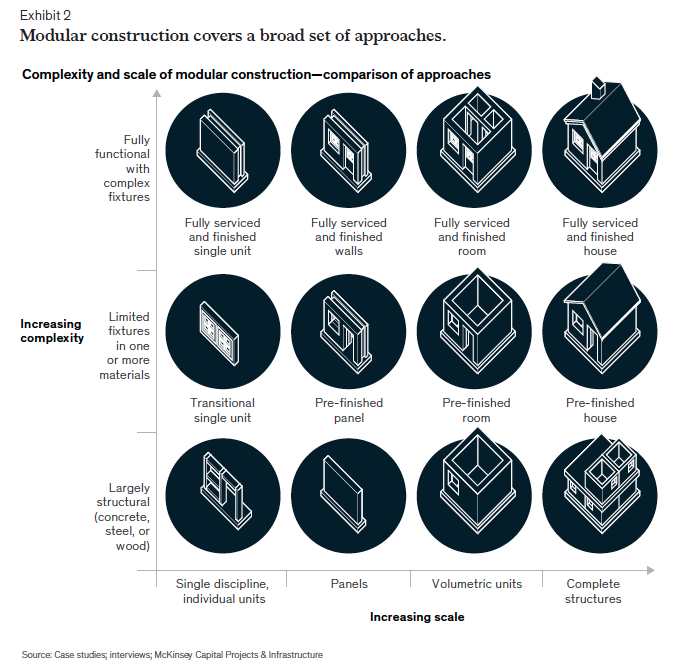
Related Stories
Building Technology | Jul 7, 2017
An elevator that moves sideways? Germany is about to take that ride
Thyssenkrupp’s cable-less MULTI system promises higher transport capacity and lower peak power demand.
Accelerate Live! | Jul 6, 2017
Watch all 20 Accelerate Live! talks on demand
BD+C’s inaugural AEC innovation conference, Accelerate Live! (May 11, Chicago), featured talks on machine learning, AI, gaming in construction, maker culture, and health-generating buildings.
| Jun 13, 2017
Accelerate Live! talk: Work in progress—How the office environment drives innovation, SageGlass (sponsored)
SageGlass CEO Dr. Alan McLenaghan reviews how biophilic design and new technologies, such as dynamic glass, create a greater connection between the built and natural environments in the office.
| Jun 13, 2017
Accelerate Live! talk: Next-gen materials for the built environment, Blaine Brownell, Transmaterial
Architect and materials guru Blaine Brownell reveals emerging trends and applications that are transforming the technological capacity, environmental performance, and design potential of architecture.
| Jun 13, 2017
Accelerate Live! talk: Incubating innovation through R&D and product development, Jonatan Schumacher, Thornton Tomasetti
Thornton Tomasetti’s Jonatan Schumacher presents the firm’s business model for developing, incubating, and delivering cutting-edge tools and solutions for the firm, and the greater AEC market.
| Jun 13, 2017
Accelerate Live! talk: The future of computational design, Ben Juckes, Yazdani Studio of CannonDesign
Yazdani’s Ben Juckes discusses the firm’s tech-centric culture, where scripting has become an every-project occurrence and each designer regularly works with computational tools as part of their basic toolset.
| Jun 13, 2017
Accelerate Live! talk: A case for Big Data in construction, Graham Cranston, Simpson Gumpertz & Heger
Graham Cranston shares SGH’s efforts to take hold of its project data using mathematical optimization techniques and information-rich interactive visual graphics.
| Jun 13, 2017
Accelerate Live! talk: Scaling change in a changing industry, Chris Mayer, Suffolk Construction
Suffolk’s CIO Chris Mayer talks about the firm’s framework for vetting and implementing new technologies and processes.
Great Solutions | Jun 6, 2017
Good vibrations: Portable tuned mass damper provides lightweight, cost-effective way to reduce structural vibrations
Developed by a team at Virginia Tech, the PTMD has been shown to reduce vibrations by as much as 75%.
Building Tech | Feb 23, 2017
Designing an inclusive, automated city
How can cities of the near future put an emphasis on equality while also reaping the abundant benefits of technological progress?


